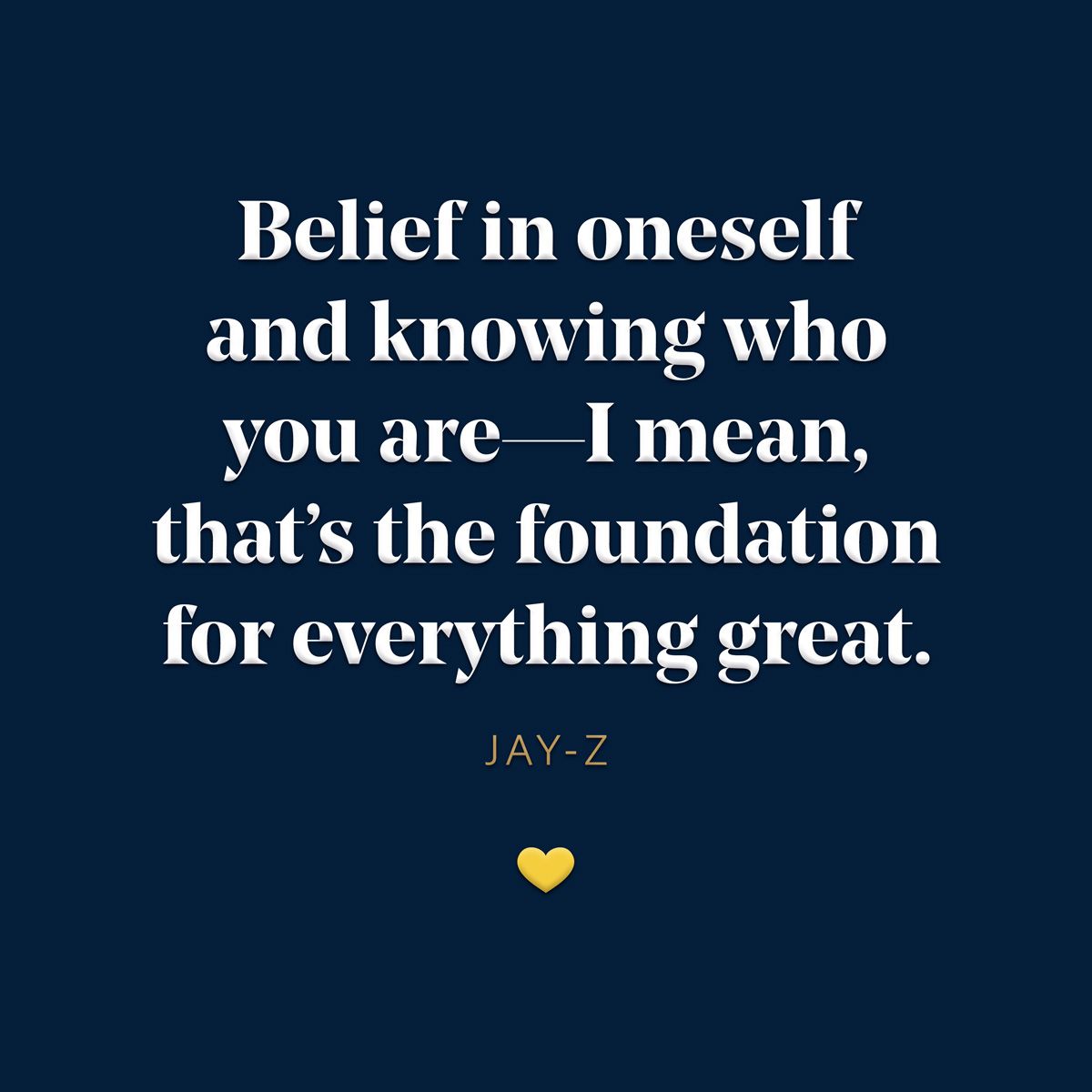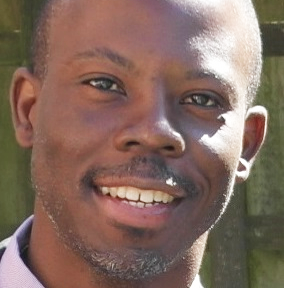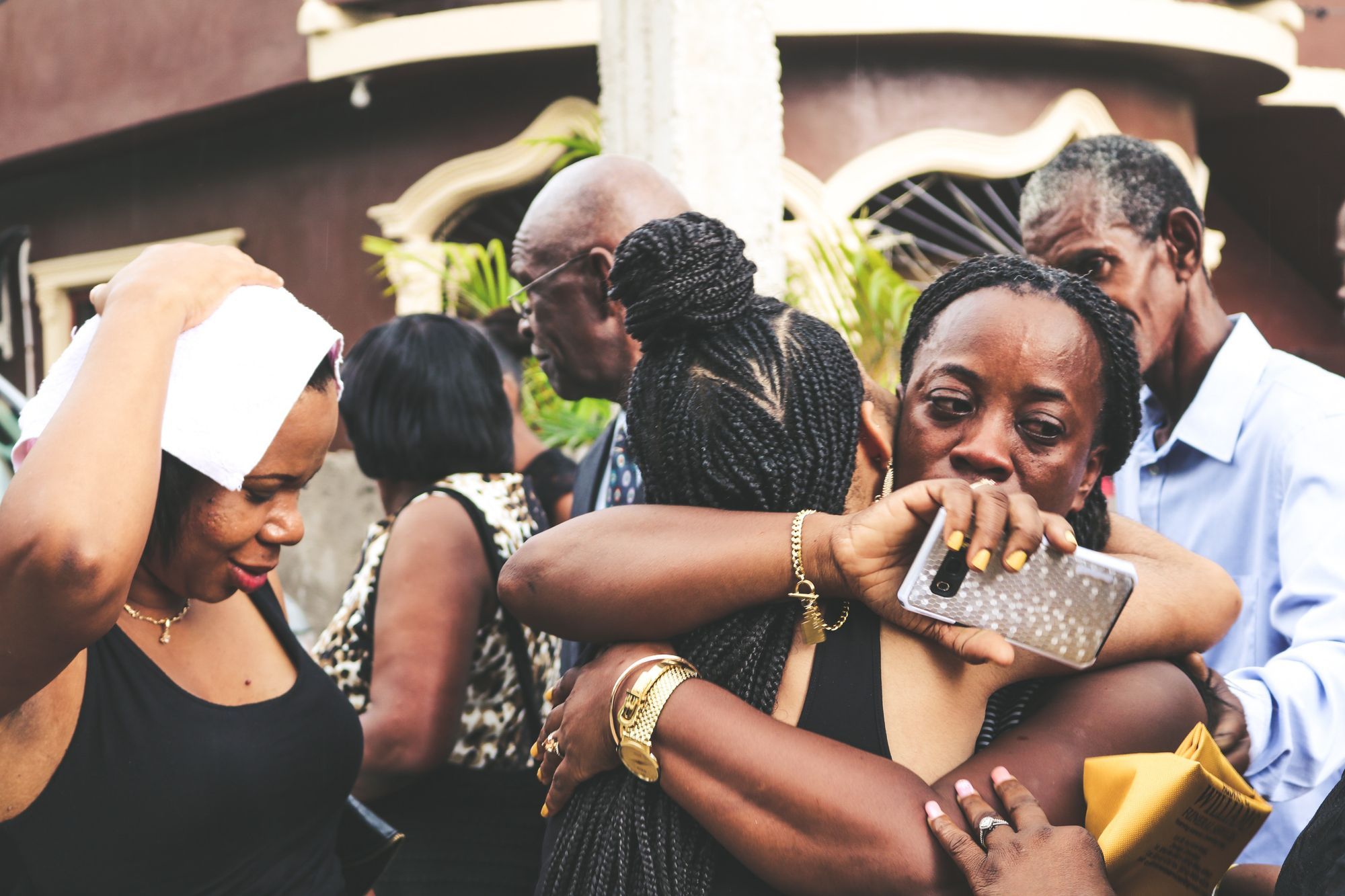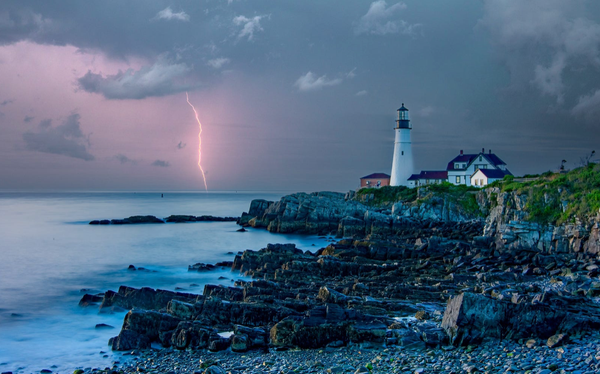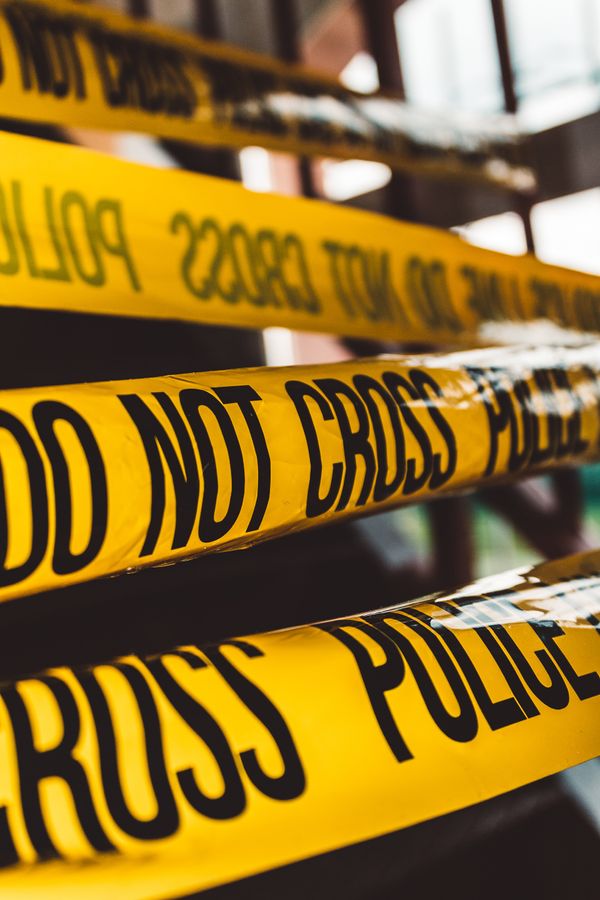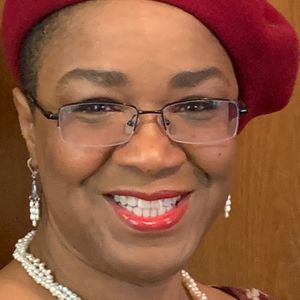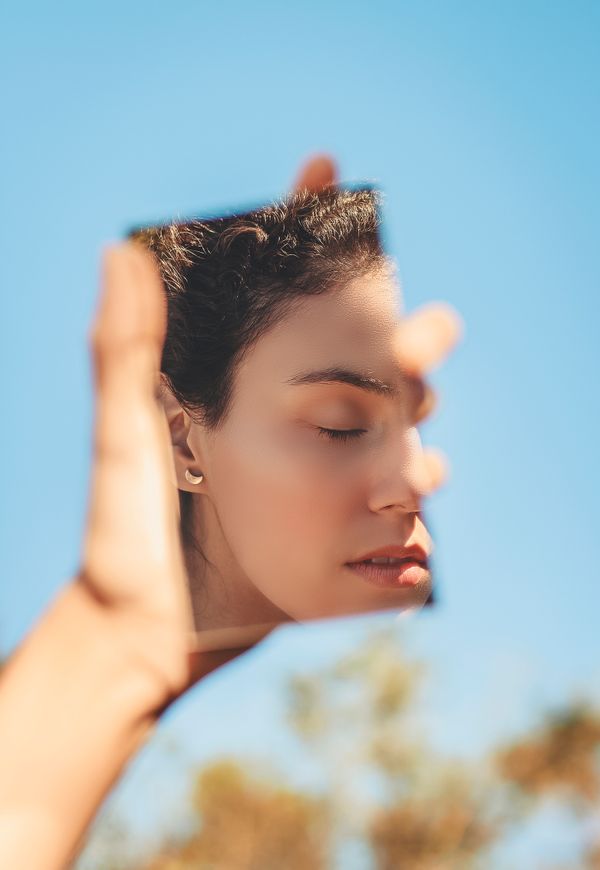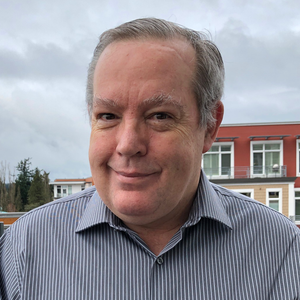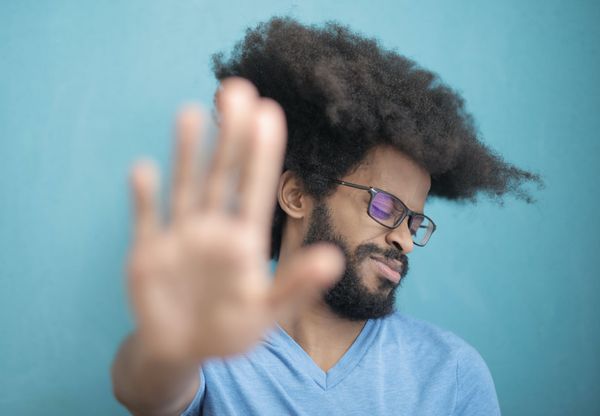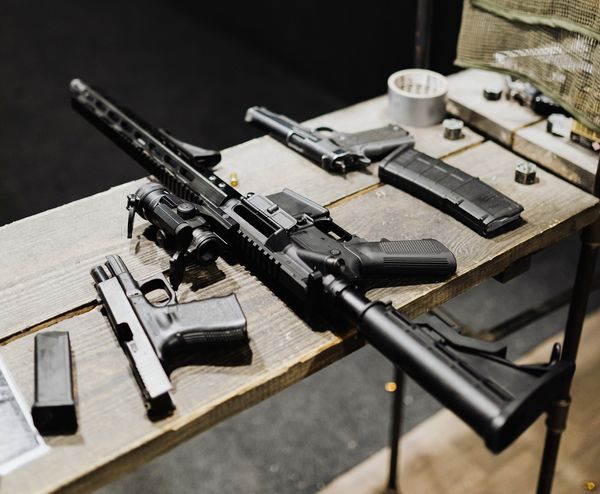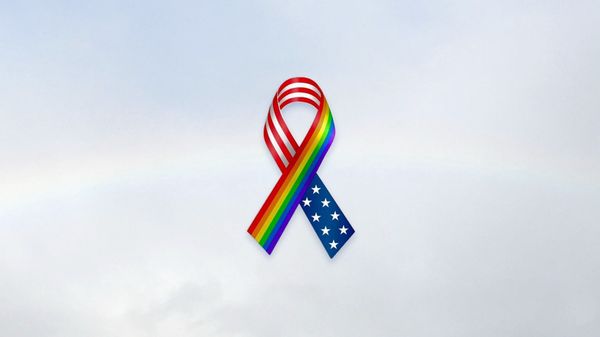Letter from the Editor
I have to admit—the 4th of July is perhaps my least favorite holiday these days. Yes, it took place several weeks ago and we’ve discussed it here already, but the core issue is still sitting hard with me: how do we feel patriotic about a country with a long, storied history of oppression, bias, and denial that’s quickly going from bad to worse? How do we feel patriotic about a country that doesn’t value the majority of its citizens, even if so many of those citizens can’t seem to grasp how little they matter? How do we feel patriotic about a country that worships money over lives? The massacre in Highland Park—a town where I rode my bike as a teen—was just sad icing on the proverbial cake, rather than shocking me anymore.
It's been a long time since my first peek behind the curtain, as they say in Oz, however I still appreciated the idea of America until the past several years. I loved the idea of who we are and what we value, even if it was still a dream in its infancy. And I loved the idea of a day filled with bratwurst and coleslaw, family and fireworks, but most of all, time to reiterate our goals, think big, and focus on being our better selves.
In other words: whitewashing. Much ado about nothing. Some days, I can’t get past that.
The other subject I’ve been thinking about is Jayland Walker.
White folks tend to jump ahead to the “justification” . . . Somehow missing yet again that There. Is. No. Justification.
When someone Black is brutally murdered, especially by the police, we each process it a little differently. Black folks are more likely to feel anger, sadness, and/or kinship. It serves as yet another validation for having the talk. White folks tend to jump ahead to the “justification”— Where was his hand? Why did he run? What crimes had he committed in the past? Somehow missing yet again that There. Is. No. Justification. And no, not all white folks, but far too many of us. It’s another example of why we fail to enact meaningful systemic change.
As a fellow human being, I share the sadness and the anger. As an empath, I process on a cellular level how it must feel to be cornered like that, to feel dozens of bullets rip through my body, to know I’m breathing my last. I wonder how many bullets it took to be relieved of this life. I wonder who he thought of last, whether he had time for sorrow. I wonder if he pondered the racism or was already resigned to it for too many years. Like George, I can’t breathe.
The sadness and anger can come from another addition to the statistics, it can come from the realization that you or someone you love is as likely a target as well, it can be for the actual victim—i.e., the heart and soul of Jayland Walker versus a random stranger. It can be any combination or all those things.
I’d argue that we never hear enough about the Black victims of gun violence. (Kudos to NBC News for the following information.)
Jayland was twenty-five when he died, just over a month after his fiancé was killed in a hit and run following a horrific traffic accident. The two started dating at the tender age of fifteen and only had eyes for each other. They were working on buying a house, he was devastated by her loss.
He was also ambitious. He delivered food for Doordash but wanted to run his own business someday.
Jayland loved sports and wrestling, he was the good kid that others looked up to, and his school appreciated him: “He was the type of student that you really want,” according to his dean. He was close with both his family and his fiancé’s, he entered rooms giving out hugs and “I love you’s.” His best friend since childhood credits Jayland with how he’s turned out and wonders how he’ll do without him.
if you’re a regular OHF Weekly reader, you probably know that the media presents Black victims very differently than white ones.
We all know this young man. Not Jayland per se, but someone like him. Heck, he was a lot like the guy my daughter is about to marry seven years after meeting in high school. Into sports. Much loved and respected. We’ve also met someone who’s an EMS, like Breonna Taylor, out saving lives. We know that great guy in the school cafeteria, Philando Castile. Tamir Rice? My brother played with toys guns, just like Tamir, and was always getting yelled at for sneaking pocketknives into his classes.
When I first brought up Jayland, however, almost every reader probably thought some chunk of the following: “He was that Black guy in Ohio who ran from the cops and was shot at ninety times—got hit forty-some times.” Sure, that’s why he’s in the news. The media loves to focus on the sensational elements of the story. And if you’re a regular OHF Weekly reader, you probably know that the media presents Black victims very differently than white ones. It’s improved some, but it’s still a big issue.
But back to my main point: We all know this young man. If we all—yes, including the police—thought more about him as a human being, with a mother and a sister and friends and dreams, and less about his skin color, we’d all be sadder right now. More outraged. A little less racist. A lot less likely to pull the trigger.

How do we see people as—well—people again? How do we stop seeing them as just Black. White. Male. Female. LGBTQ. American. Foreign. Immigrant. Republican. Democrat. Fascist. Socialist. Nazi. Snowflake. Criminal. Capitalist. Evangelical. Atheist. These names are so reductive and lump us into one-dimensional buckets. This makes it possible for anyone to dismiss entire rooms or even states full of people simply because they are “X” or “Y.”
If we were forced to do away with the labels and focus on the similarities, I feel confident that we’d all be much happier people. My family is about to get our tenth “daughter”–eighth exchange student; they come from five countries, they are white and Black and Brown, some like boys and some like girls. They’re all nervous when they arrive, they giggle, they’re proud of their cultures, they try different foods, they worry about their futures, they all love movies . . . and we all bawl our eyes out at the end of their stay.
America . . . the idea of America I loved the most was not capitalism, majestic mountains, opportunity, swimming pools, or even democracy. It was simply the idea of a “melting pot” (perhaps more of a mixed salad, in honor of our differences) that welcomed those in need of a new home. I feel like we were closer to that when I was a child in the Civil Rights era. How do we get back to it? I know it’s still buried in most of us, yearning to breathe free.
Love one another.
Sherry Kappel
OHF Weekly Managing Editor
More from Our Writers
Why Can’t We Acknowledge Systemic Racism?
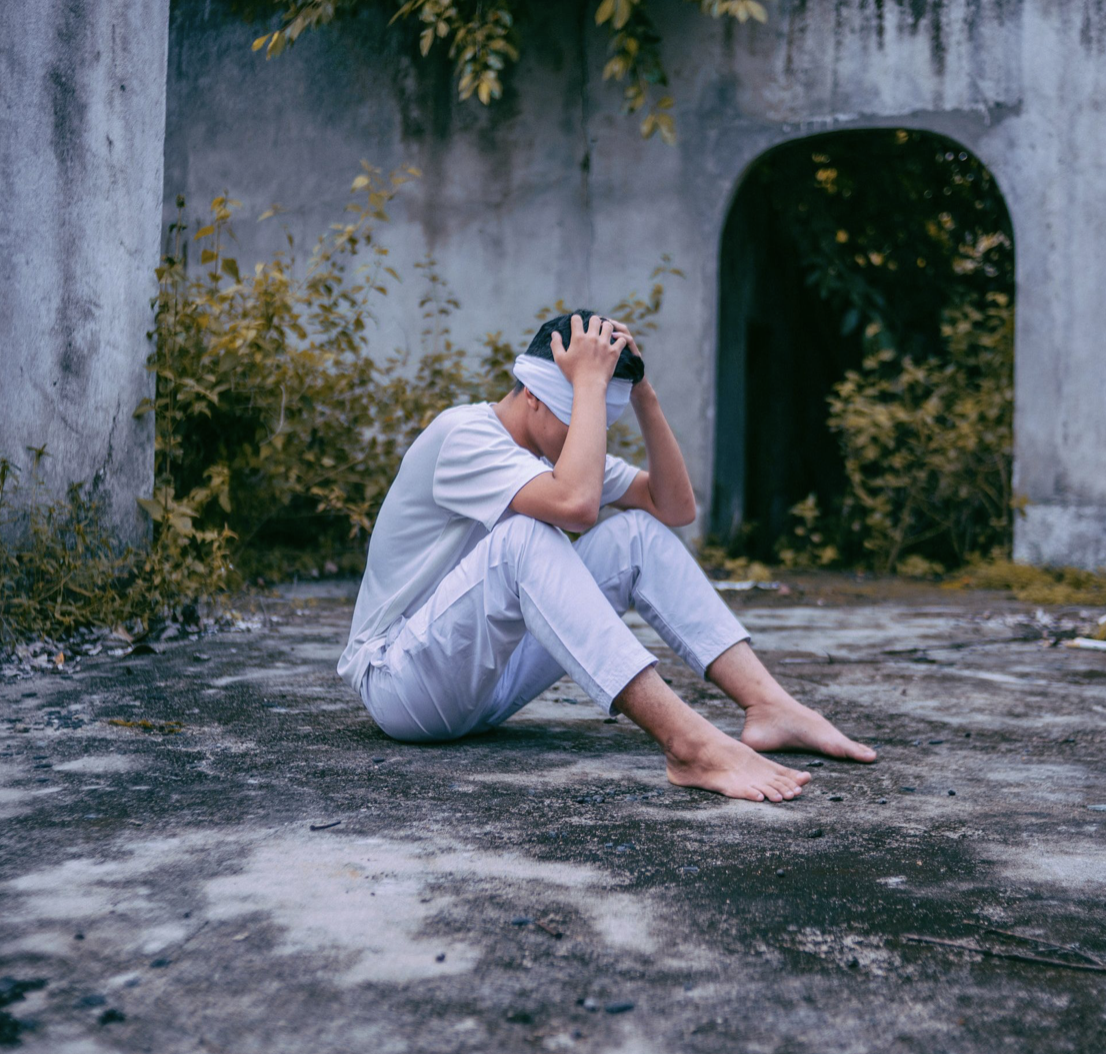
Black people in America understand systemic racism: they’ve experienced it all their lives. The same holds for Hispanic Americans, Native Americans, and Asian Americans. They may experience it in different ways; some individuals will experience it less or more than others. But with few exceptions, minorities in America know that systemic racism is a real thing that must be challenged and rooted out.
Among white Americans, a growing percentage does acknowledge systemic racism. Since the murder of George Floyd in Minneapolis at the hands of four indifferent police officers, many of them have taken to the streets to protest. Some have realized the existence of systemic racism for far longer and have worked to eliminate it. This article isn’t about them, nor is it about all white people.
Instead, this article is about those who don’t acknowledge systemic racism—those who may admit that America had a racist past but believe that racism ended when chattel slavery ended, or during the Civil Rights Movement, or at some long-ago point in time that America has recovered from, and now everything’s all good. Read the full story.
The Elusiveness of Racial Equality
By Jesse Wilson
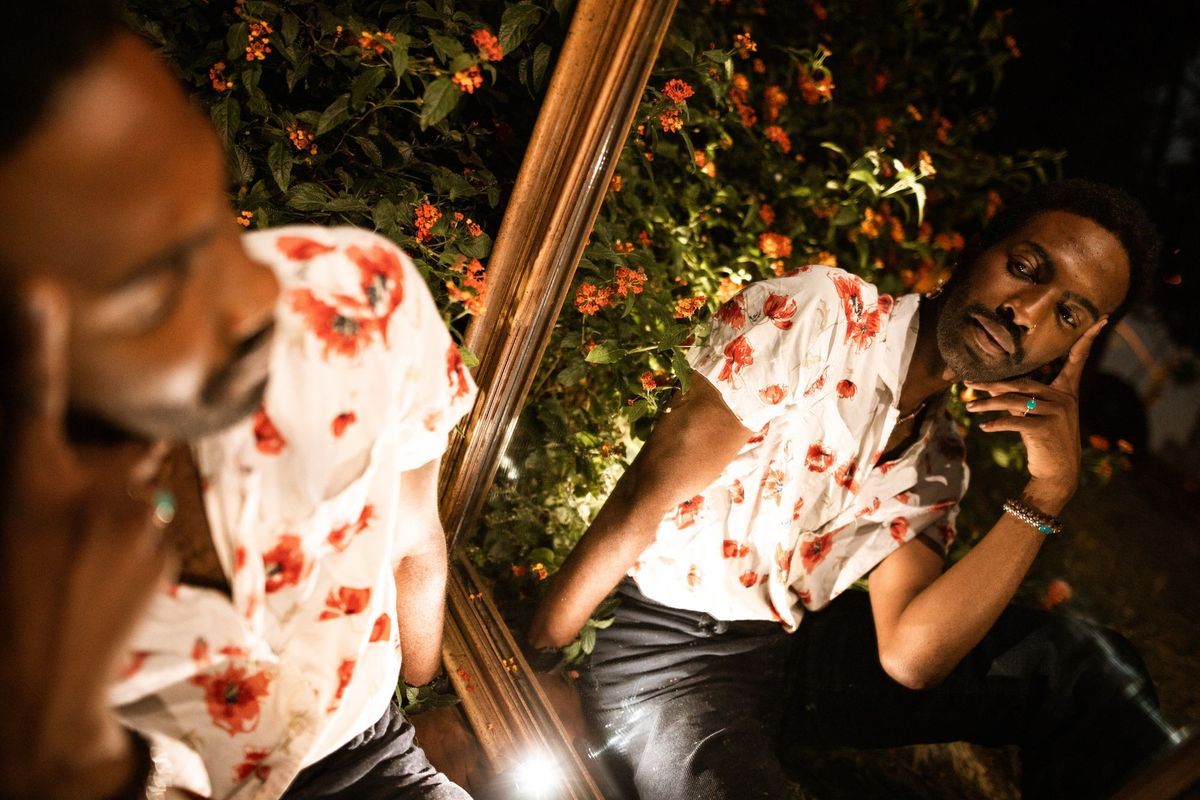
Still to this day, the late 1980’s song First Time, sung by Robin Beck and featured in the Coca Cola advertisement, rings in my head. The instant I hear the song, I empathise with the emotion of firsts. First time, first love, oh what feeling is this. Electricity flows like the very first kiss, the song goes on to say.
The song reminds me how firsts tend to etch positive, indelible memories we eagerly recall in admiration. I know firsts are typically special because they often transform and bridge the gap from where we are into the unknown. It is for this reason they are remembered as defining moments shaping how we act and who we are.
But then, not all transformative firsts are equal. There are some, no matter how much we try to find the good and the positive, where we simply can’t because the associated memories are nestled in a nest of trauma with thorny sharp lessons. Nevertheless, these firsts bring with them a naked and acute realisation that a part of our lives and bodies are defined in not so much what we do but by the contrast of who we are.
I imagine if you ask any Person of Colour (POC) living in America, across Europe, or many parts of the world, they may share with reluctance recollections of their first and sadly inevitable racial encounter. Read the full story.
The Perfect Summer Read
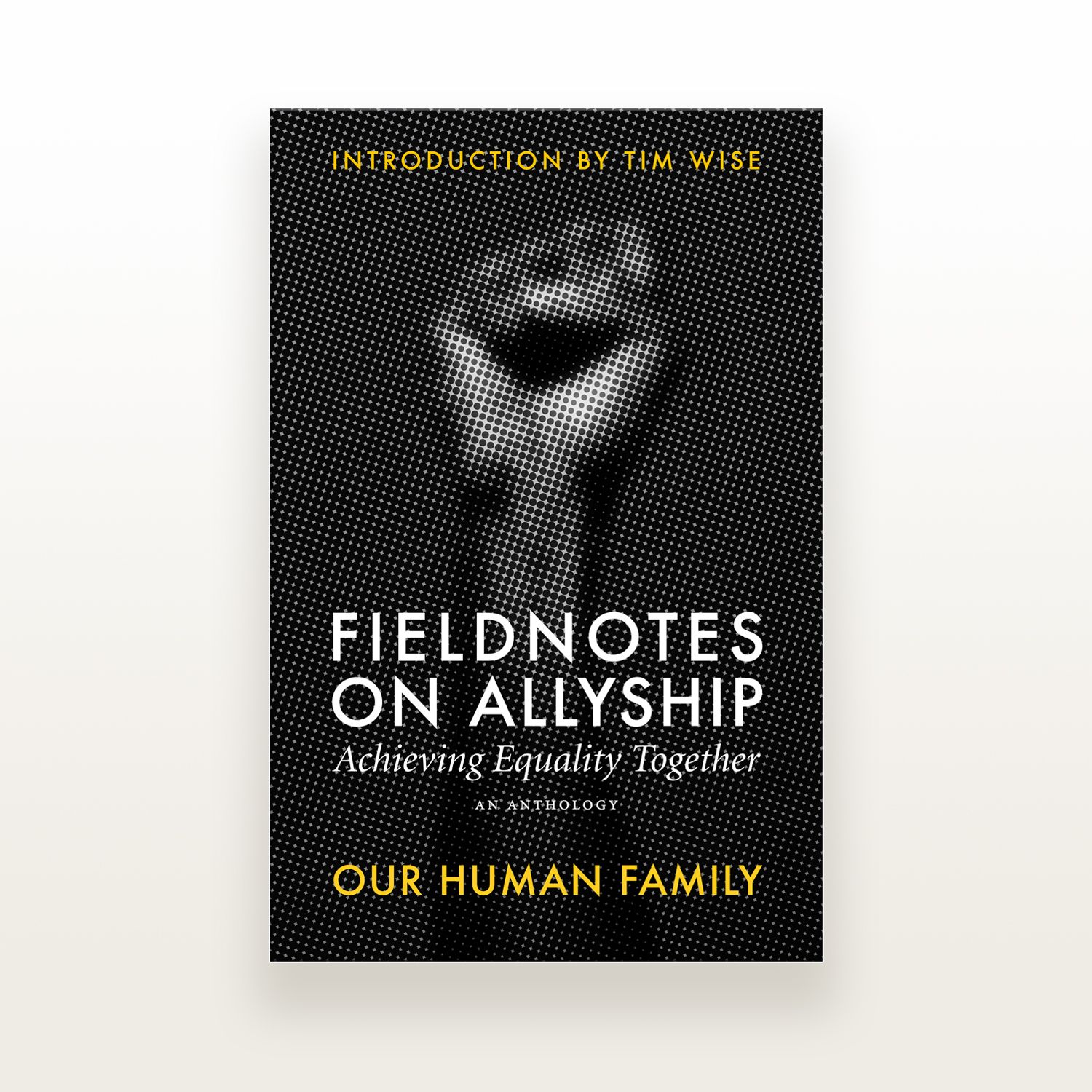
Fieldnotes on Allyship: Achieving Equality Together is an informal and informative guide to becoming an effective ally right where you are. Written by eighteen authors from the U.S. and around the world, this collection of essays covers four areas:
- a history of how we as a nation got here
- the forces that maintain systemic racism
- preparing to serve as an ally, and
- serving as an ally
This anthology, with an introduction by anti-racism educator and author Tim Wise, presents a different way forward: a vision in which we acknowledge, support, and celebrate the humanity in all of us.
Print and digital editions available in print and ebook formats.
Final Thoughts
